The Role of Nutrition in Reducing Incontinence Symptoms
Incontinence can feel like a taboo topic, often whispered about behind closed doors. Yet, it affects millions of people worldwide. The good news is that small changes in nutrition can make a significant difference in managing symptoms. By focusing on what you eat and drink, you can take control of your bladder health. Those who are not familiar with the term might need to visit https://www.prelomed.at/inkontinenz-ein-wachsendes-gesundheitsproblem-in-einer-alternden-gesellschaft/ first before continuing.
This blog will explore how hydration balance, fiber-rich foods, avoiding irritants, and weight management play vital roles in reducing those pesky symptoms. Let’s dive into nutrition and discover how to enhance your quality of life with thoughtful choices.
Hydration Balance
Hydration is essential for overall health, but it’s essential when it comes to managing incontinence. Staying adequately hydrated helps the bladder function optimally. When you are well-hydrated, urine becomes more diluted, which can reduce irritation. However, finding that perfect balance is key. Too much fluid intake can lead to overactive bladder symptoms, while too little may result in concentrated urine that irritates the urinary tract. Aim for a steady daily intake rather than chugging large amounts at once. Water should be your primary beverage of choice; herbal teas and clear broths also count towards hydration without being harsh on the bladder.
Fiber-Rich Foods
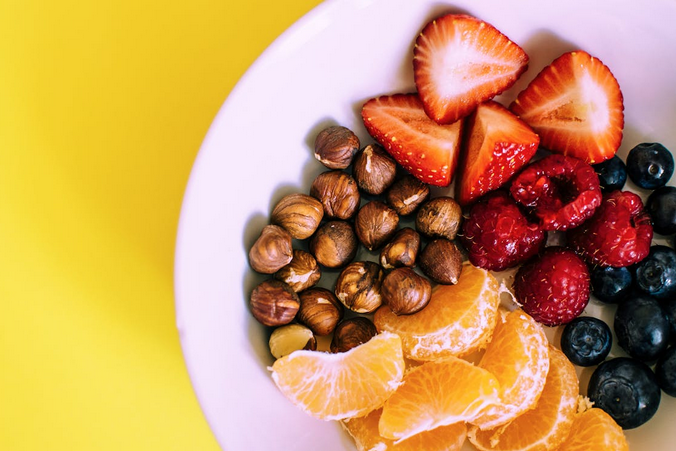
Fiber-rich foods play a crucial role in managing incontinence. They help regulate bowel movements and maintain overall digestive health, alleviating some bladder pressure. Fruits, vegetables, whole grains, and legumes are excellent sources of fiber. Incorporating these into your …



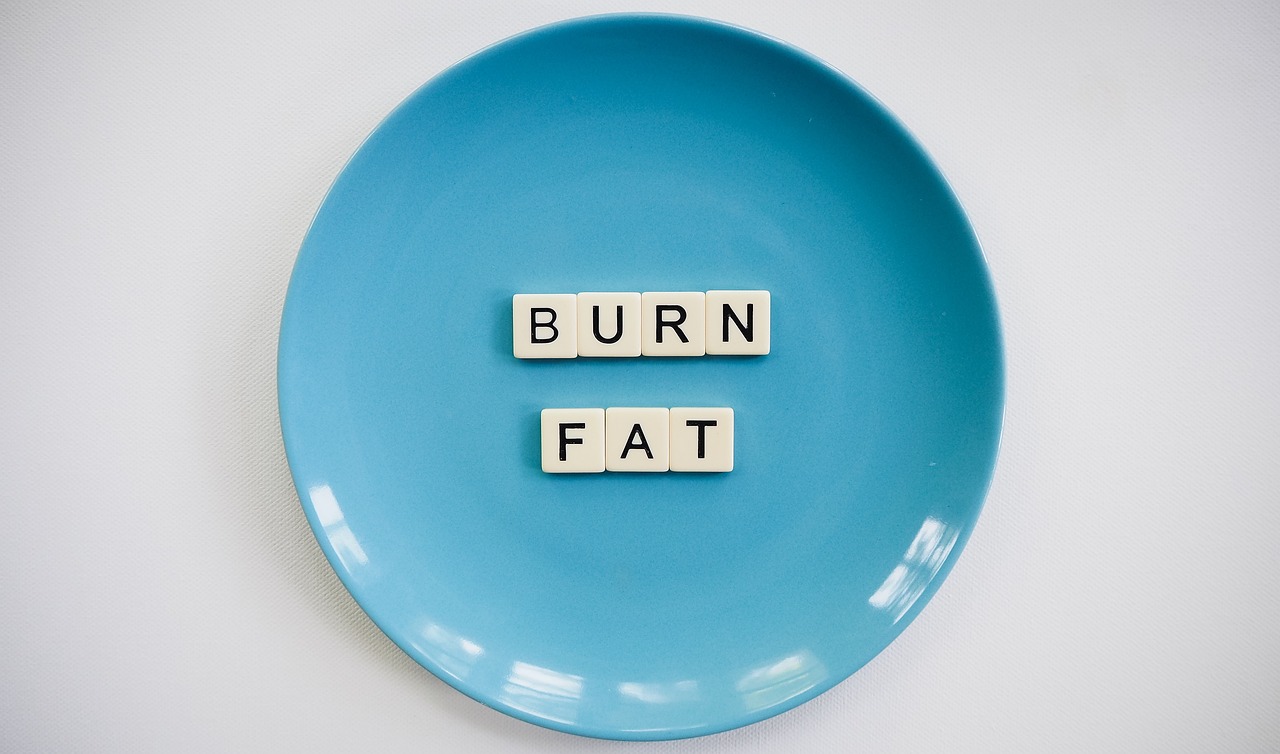

 If you notice your furry friend stumbling or having difficulty maintaining their balance while walking, it could be cause for concern. This symptom may manifest as a wobbly or drunken-like movement in your dog’s legs. An unsteady gait can be attributed to the virus attacking the nervous system, affecting coordination and muscle control. Note that these symptoms may not appear immediately after exposure to rabies; they can take several days or even weeks to materialize.
If you notice your furry friend stumbling or having difficulty maintaining their balance while walking, it could be cause for concern. This symptom may manifest as a wobbly or drunken-like movement in your dog’s legs. An unsteady gait can be attributed to the virus attacking the nervous system, affecting coordination and muscle control. Note that these symptoms may not appear immediately after exposure to rabies; they can take several days or even weeks to materialize.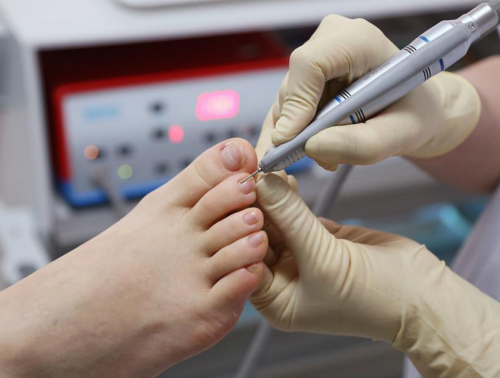
 If you have a general practitioner you see for your everyday medical needs, they can be an excellent resource for finding a podiatrist. Your family doctor likely has a network of other healthcare professionals and can recommend someone based on your specific needs. They may also be able to provide you with information about which insurance plans cover podiatry services.
If you have a general practitioner you see for your everyday medical needs, they can be an excellent resource for finding a podiatrist. Your family doctor likely has a network of other healthcare professionals and can recommend someone based on your specific needs. They may also be able to provide you with information about which insurance plans cover podiatry services.
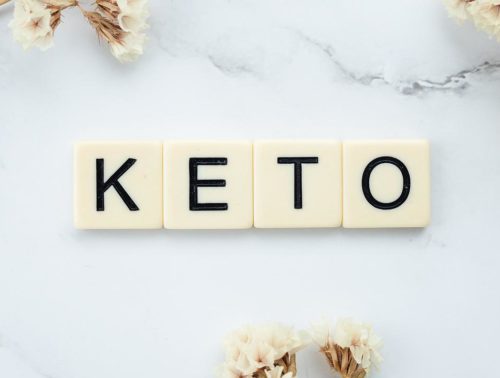
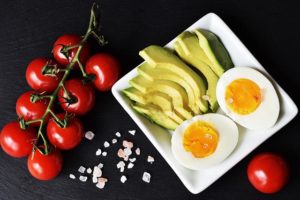

 This may seem like a no-brainer, but following your surgeon’s specific instructions is essential. Every surgery is different, and therefore every recovery will be as well. Your surgeon will give you detailed instructions on how to care for yourself after surgery, and you must follow these to the letter. If you have any questions, ask your surgeon before your surgery date. It also includes keeping your follow-up appointments. Each following appointment will significantly improve your recovery and help your doctor monitor your health post-surgery.
This may seem like a no-brainer, but following your surgeon’s specific instructions is essential. Every surgery is different, and therefore every recovery will be as well. Your surgeon will give you detailed instructions on how to care for yourself after surgery, and you must follow these to the letter. If you have any questions, ask your surgeon before your surgery date. It also includes keeping your follow-up appointments. Each following appointment will significantly improve your recovery and help your doctor monitor your health post-surgery.
 Remote patient monitoring improves the safety of patients in several ways. First, it allows for early detection of medical issues before they become severe and require hospitalization. This can reduce the risk of complications and even save lives by enabling healthcare providers to intervene earlier than would otherwise be possible.
Remote patient monitoring improves the safety of patients in several ways. First, it allows for early detection of medical issues before they become severe and require hospitalization. This can reduce the risk of complications and even save lives by enabling healthcare providers to intervene earlier than would otherwise be possible. Remote patient monitoring also reduces the number of hospital re-admissions. It allows healthcare providers to intervene sooner when problems arise and make adjustments as necessary before complications occur.
Remote patient monitoring also reduces the number of hospital re-admissions. It allows healthcare providers to intervene sooner when problems arise and make adjustments as necessary before complications occur.
 If you live close enough to your job, consider walking instead of driving. It is a great way to get in some exercise without going to the gym. And it’s also a great way to save money on gas. Walk at a brisk pace for about 30 minutes, and you’ll be able to achieve the recommended amount of exercise for the day. If you don’t live close to your job, consider biking instead of driving. It’s a great way to get some practice in, and it’s also good for the environment.
If you live close enough to your job, consider walking instead of driving. It is a great way to get in some exercise without going to the gym. And it’s also a great way to save money on gas. Walk at a brisk pace for about 30 minutes, and you’ll be able to achieve the recommended amount of exercise for the day. If you don’t live close to your job, consider biking instead of driving. It’s a great way to get some practice in, and it’s also good for the environment.
 Sobriety can improve your physical appearance by giving you more energy to exercise. This will help you lose weight and gain muscle in all of the right places! You’ll find that your clothes fit better when there’s less around the middle section, or that old pair of jeans fit …
Sobriety can improve your physical appearance by giving you more energy to exercise. This will help you lose weight and gain muscle in all of the right places! You’ll find that your clothes fit better when there’s less around the middle section, or that old pair of jeans fit …
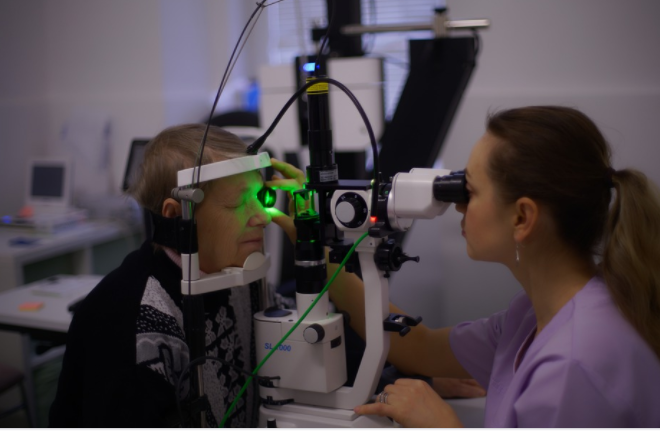 You should first figure out what type of eye care services you need, as this will narrow down your search considerably. You may need prescription glasses or contact lenses, vision therapy for children with learning disabilities, vision correction surgery such as LASIK or PRK) or treatment for dry eyes.
You should first figure out what type of eye care services you need, as this will narrow down your search considerably. You may need prescription glasses or contact lenses, vision therapy for children with learning disabilities, vision correction surgery such as LASIK or PRK) or treatment for dry eyes. You need to check their credentials and experience too. How long have they been in business? Do they have a good reputation? What experience do their doctors have? …
You need to check their credentials and experience too. How long have they been in business? Do they have a good reputation? What experience do their doctors have? …
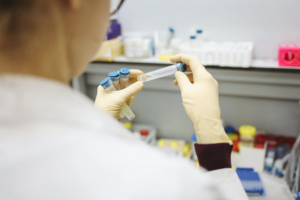 One of the most common types of coronavirus tests is PCR testing. PCRs are used to detect specific DNA or RNA sequences in a clinical sample. For example, suppose you have pneumonia, and your doctor suspects a coronavirus infection might cause it. In that case, they will order PCR testing on one of your respiratory samples (for instance, sputum, bronchoalveolar lavage fluid).
One of the most common types of coronavirus tests is PCR testing. PCRs are used to detect specific DNA or RNA sequences in a clinical sample. For example, suppose you have pneumonia, and your doctor suspects a coronavirus infection might cause it. In that case, they will order PCR testing on one of your respiratory samples (for instance, sputum, bronchoalveolar lavage fluid).



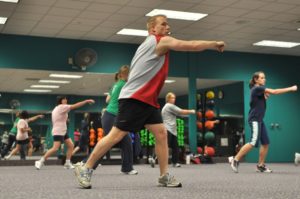 Did you know that we use
Did you know that we use 
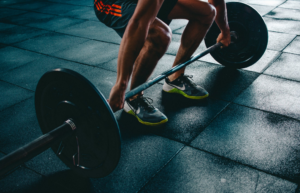 The first and most apparent benefit of bodybuilding is that you are building your muscles to be stronger. This helps in real life because having strong muscles makes it easier for you to do things. Whether lifting something heavy or just carrying groceries up the stairs at home, doing these activities with a strong body can make things easier for you.
The first and most apparent benefit of bodybuilding is that you are building your muscles to be stronger. This helps in real life because having strong muscles makes it easier for you to do things. Whether lifting something heavy or just carrying groceries up the stairs at home, doing these activities with a strong body can make things easier for you.
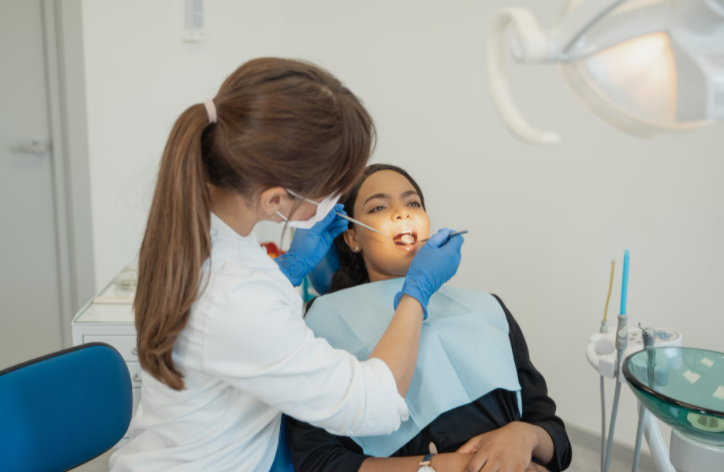


 Performing aerobic activities like walking, jogging, running, cycling, skipping, and swimming with low intensity over a long duration without stopping. It should be easy for the person to continue doing the activity for 20 minutes. The intensity of the activity should be maintained for at least 60 …
Performing aerobic activities like walking, jogging, running, cycling, skipping, and swimming with low intensity over a long duration without stopping. It should be easy for the person to continue doing the activity for 20 minutes. The intensity of the activity should be maintained for at least 60 …
 Building muscle does not mean lifting weights. People who work out with their body weight are not trying to gain mass. They are more likely than others to be athletic and have a recognizable robust body. You can move on to more challenging bodyweight exercises that will help you build and strengthen your muscles. You can increase the muscle mass of your entire body by working on it. It will give you more weight to work with. Besides, you can find some
Building muscle does not mean lifting weights. People who work out with their body weight are not trying to gain mass. They are more likely than others to be athletic and have a recognizable robust body. You can move on to more challenging bodyweight exercises that will help you build and strengthen your muscles. You can increase the muscle mass of your entire body by working on it. It will give you more weight to work with. Besides, you can find some 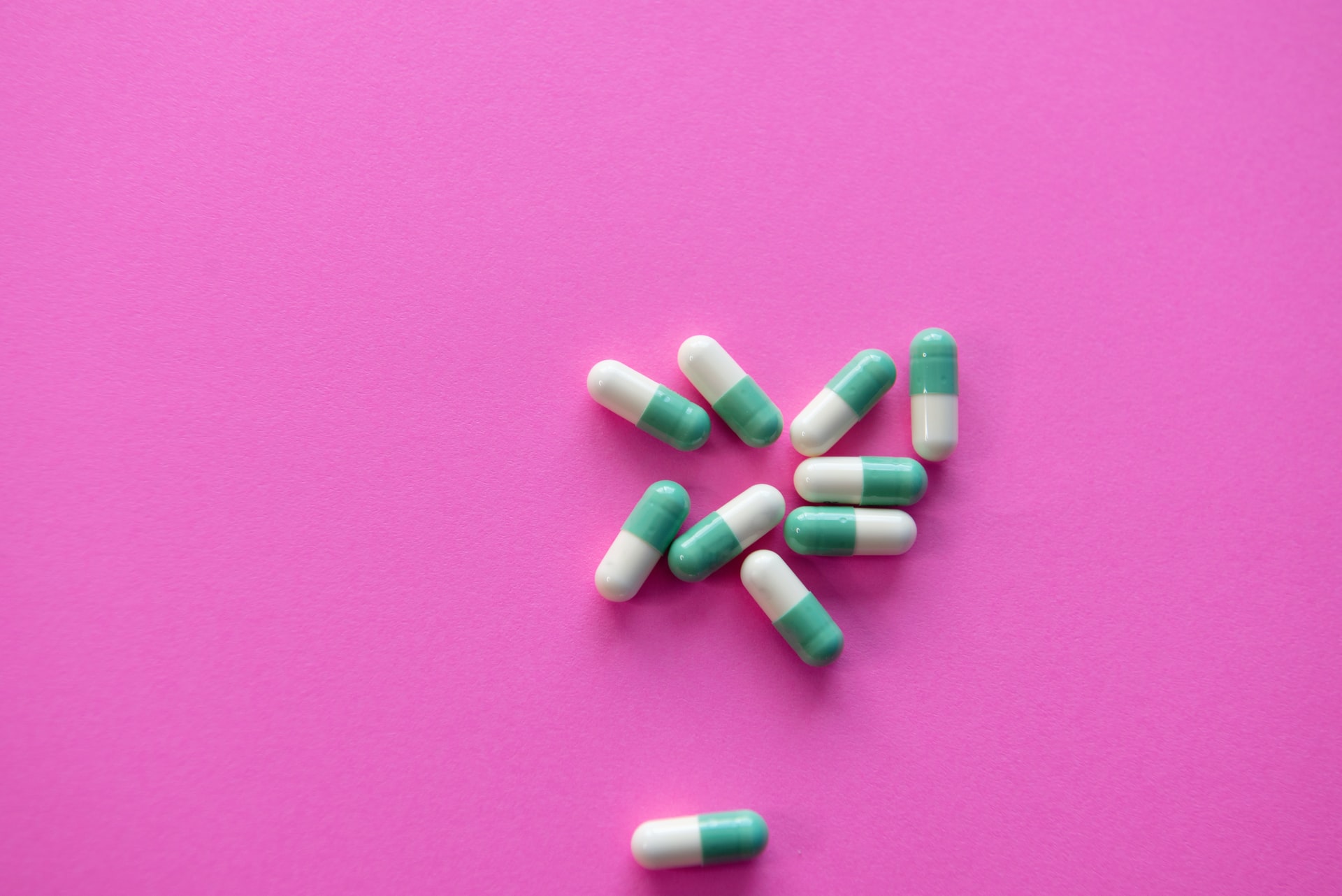
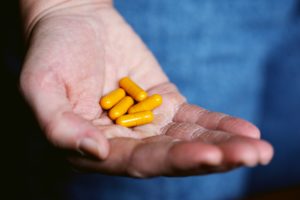 Nootropics are a class of pharmaceutical agents that can be used to improve cognitive function. They were first discovered in the 1960s. Many nootropics have been shown to improve cognitive learning in key areas. Numerous studies support this claim. Nootropics are a broad spectrum. Therefore, we will list only those extensively studied and shown to improve cognitive abilities.
Nootropics are a class of pharmaceutical agents that can be used to improve cognitive function. They were first discovered in the 1960s. Many nootropics have been shown to improve cognitive learning in key areas. Numerous studies support this claim. Nootropics are a broad spectrum. Therefore, we will list only those extensively studied and shown to improve cognitive abilities.

 Also, protein can help. There are many sources of protein that can be helpful. There are many sources of protein that can be helpful. You might prefer red meat to all other types of proteins. However, red meat consumption can also have adverse effects on your health. Lean proteins, such as chicken, turkey, and pork, can be substituted for red meat. Beans and legumes are rich in protein, making them ideal for vegans and vegetarians. To increase your protein intake, you can also eat peas and quinoa, oats, green bean, pumpkin seeds, and many other foods. Many foods can directly impact your testosterone production, just as a change in your diet can improve your dental health.
Also, protein can help. There are many sources of protein that can be helpful. There are many sources of protein that can be helpful. You might prefer red meat to all other types of proteins. However, red meat consumption can also have adverse effects on your health. Lean proteins, such as chicken, turkey, and pork, can be substituted for red meat. Beans and legumes are rich in protein, making them ideal for vegans and vegetarians. To increase your protein intake, you can also eat peas and quinoa, oats, green bean, pumpkin seeds, and many other foods. Many foods can directly impact your testosterone production, just as a change in your diet can improve your dental health.
 The previous reasons may not be enough motivation, but this one is. Since you pay for the packaging of the products, …
The previous reasons may not be enough motivation, but this one is. Since you pay for the packaging of the products, …
 Imagine waking up one morning and not being able to move. Sleep paralysis is as frightening as you can imagine. It can occur at any time between sleep and wakefulness, as soon as you fall asleep or when you wake up. People can also experience hallucinations. These can be disturbing and frightening. Other hallucinations may seem trivial, but can still be confusing. They may believe that something has happened, when in fact it has …
Imagine waking up one morning and not being able to move. Sleep paralysis is as frightening as you can imagine. It can occur at any time between sleep and wakefulness, as soon as you fall asleep or when you wake up. People can also experience hallucinations. These can be disturbing and frightening. Other hallucinations may seem trivial, but can still be confusing. They may believe that something has happened, when in fact it has …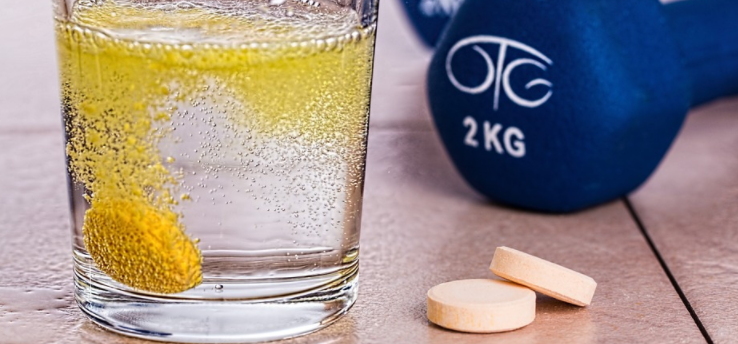
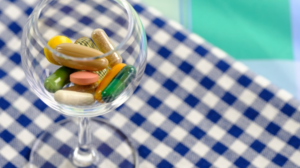 Science has also recognized the benefits of Ginkgo Biloba, and many studies are currently underway to discover its effectiveness in
Science has also recognized the benefits of Ginkgo Biloba, and many studies are currently underway to discover its effectiveness in 
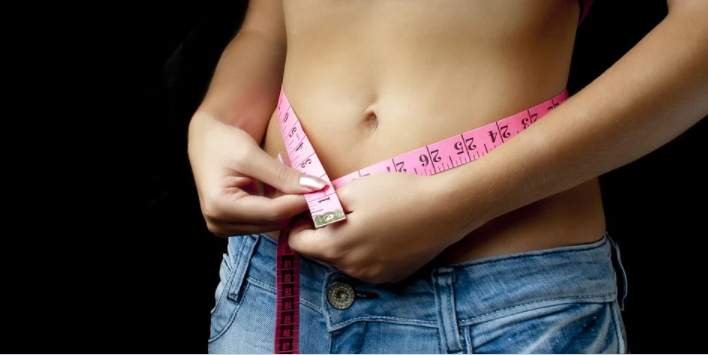
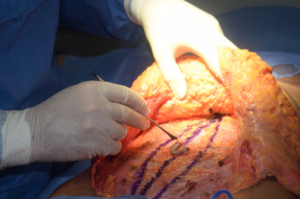 Depending on the advice of your surgeon, as well as the extent to which you wish to undergo surgery, you may experience extraordinary heights of surgery. Extensive surgery involves removing a large amount of fat and skin, along with the loss of muscle, which is usually performed if you have a very flabby abdomen. The doctor carefully clears the umbilical stalk of surrounding tissue and muscle and proceeds to remove the skin to reveal the underlying muscle.
Depending on the advice of your surgeon, as well as the extent to which you wish to undergo surgery, you may experience extraordinary heights of surgery. Extensive surgery involves removing a large amount of fat and skin, along with the loss of muscle, which is usually performed if you have a very flabby abdomen. The doctor carefully clears the umbilical stalk of surrounding tissue and muscle and proceeds to remove the skin to reveal the underlying muscle.

 Hunting is a type of exercise that involves the whole body in a complicated way. Hunters have to excuse themselves for hours even though they carry heavy equipment such as rifles, crossbows, hunting accessories, and routine items needed on any trip to the woods. This is a great way to build strength and endurance. In addition, big game, such as elk, requires extra work.
Hunting is a type of exercise that involves the whole body in a complicated way. Hunters have to excuse themselves for hours even though they carry heavy equipment such as rifles, crossbows, hunting accessories, and routine items needed on any trip to the woods. This is a great way to build strength and endurance. In addition, big game, such as elk, requires extra work.
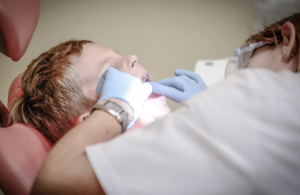 A gorgeous smile is an equally attractive facial characteristic, and excellent care can help in the upkeep of your teeth. However, processed foods and sugars may lead to acidity collection from the oral cavities causing decay and tooth degradation. If you search for
A gorgeous smile is an equally attractive facial characteristic, and excellent care can help in the upkeep of your teeth. However, processed foods and sugars may lead to acidity collection from the oral cavities causing decay and tooth degradation. If you search for  A practitioner will consider signs of corrosion, misalignment, gum disease, and signs of chronic disease. In addition, several ailments such as cancer may be discovered through a dental examination. The contemporary dentist incorporates the most recent precision technology to provide health services with efficiency, precision, and enhanced relaxation.
A practitioner will consider signs of corrosion, misalignment, gum disease, and signs of chronic disease. In addition, several ailments such as cancer may be discovered through a dental examination. The contemporary dentist incorporates the most recent precision technology to provide health services with efficiency, precision, and enhanced relaxation.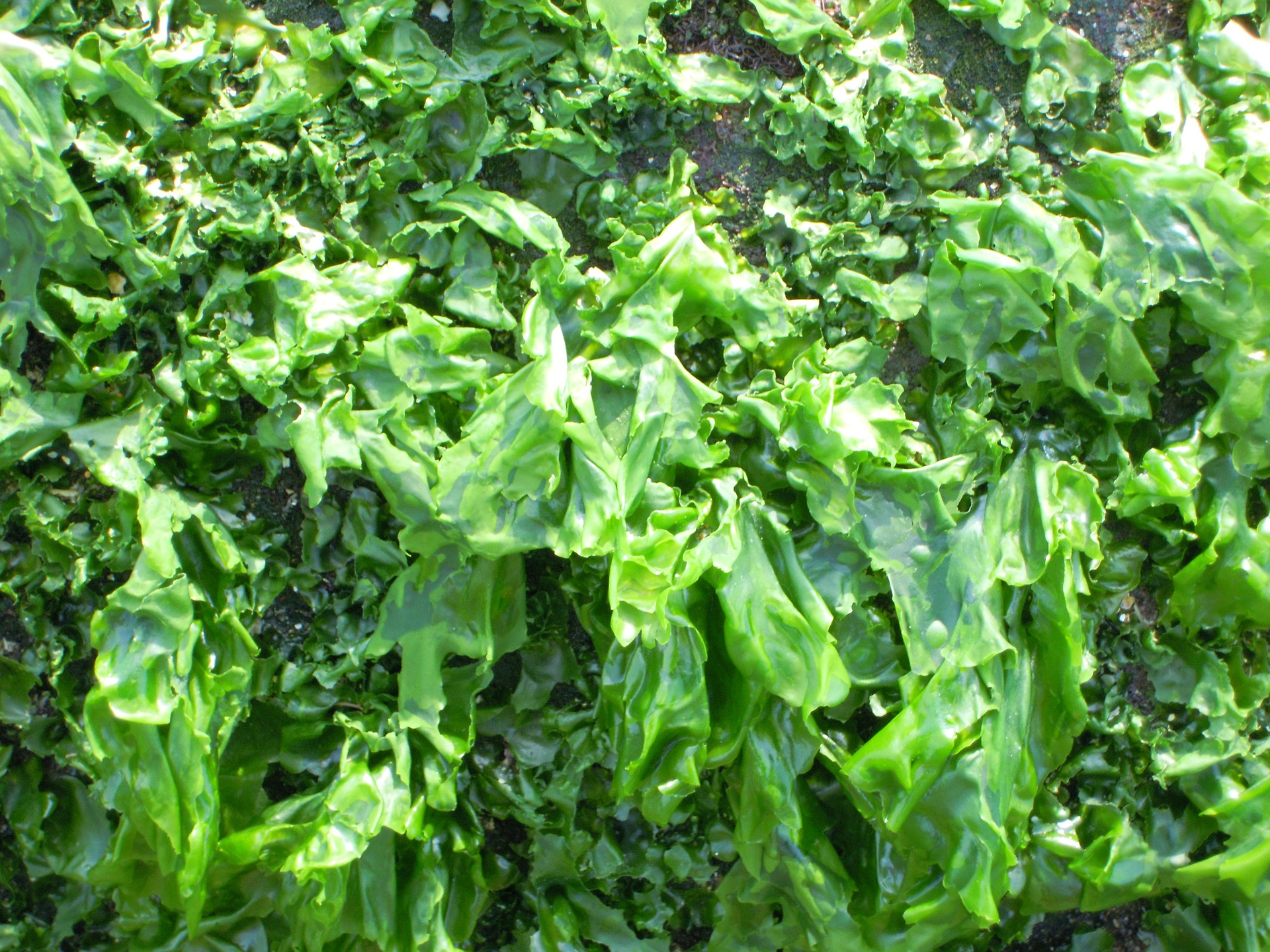
 A recent study conducted at the University of California found that adding sea vegetables to the diet can reduce the likelihood of breast cancer. Seaweed can increase immune system function and this has been shown in many laboratory studies around the world. Seaweed is credited with increasing energy, improving overall health, and accelerating wound healing by maximizing the body’s metabolism and antimicrobial defenses.
A recent study conducted at the University of California found that adding sea vegetables to the diet can reduce the likelihood of breast cancer. Seaweed can increase immune system function and this has been shown in many laboratory studies around the world. Seaweed is credited with increasing energy, improving overall health, and accelerating wound healing by maximizing the body’s metabolism and antimicrobial defenses. In addition to some vital minerals such as iron and potassium, sea vegetables …
In addition to some vital minerals such as iron and potassium, sea vegetables …